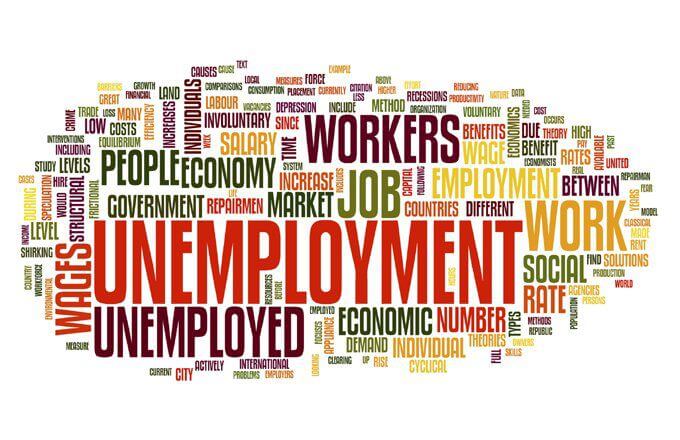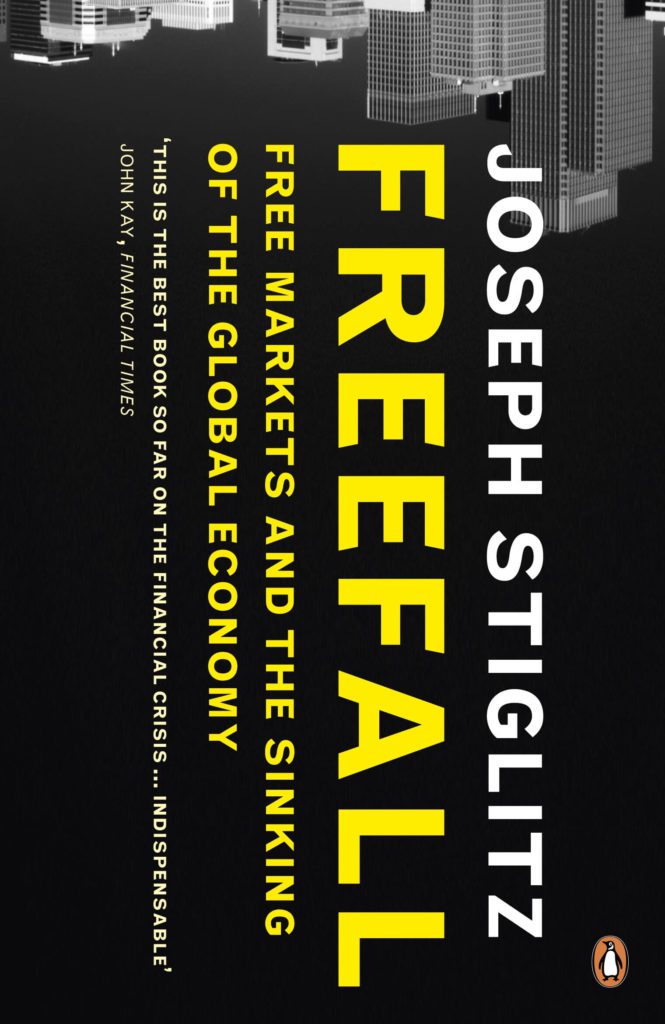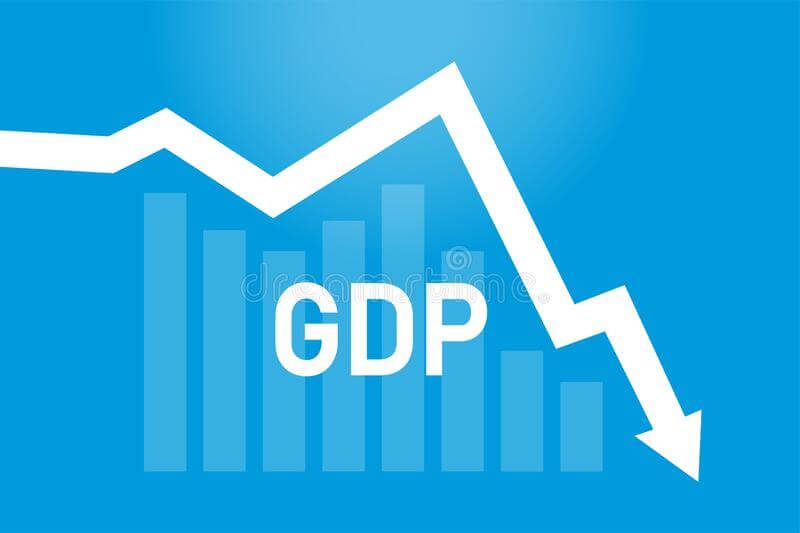Shyamal critiques the Indian economy, with a sharp decline in GDP. How a tea stall owner was pushed to commit suicide in the bleak economic scenario. An exclusive for Different Truths.
On summer midday navigating through pages from Freefall, by the Nobel Laureate Joseph and enjoying his meticulous analysis how the American economy leapt out of the Great Depression, in 1930, now facing a great squeeze or fall of its economy post-collapse of big banks, during 2008. As it happened in 1928, the American agriculture was hit by severe droughts and simultaneously automobile and other manufacturing industries closed one after another (an entire city of Detroit almost abandoned) spreading fallout of industrial activities in Europe and elsewhere. Exactly as a copy, in 2008, closure of Lehmans’ financial and banking business due to a steady loss in subprime mortgage and real estate portfolio triggered panic button on its stakeholders creating the card house effect of collapses worldwide in financial markets. Also, like the 1930’s, during 2008, to make goings worst stocks witnessed freefall resulting heavy turmoil in the world economy with epicentre the USA. The collapse, in 2008, was not totally unpredictable or unwarned for few prominent economists as well as world bank officials who had been red-flagging or cautioning but overlooked as cynics.
As it happened since 1928, the American agriculture was hit by severe droughts and simultaneously automobile and other manufacturing industries closed one after another (an entire city of Detroit almost abandoned) spreading fallout of industrial activities in Europe and elsewhere. Exactly as a copy, in 2008, closure of Lehmans’ financial and banking business due to a steady loss in subprime mortgage and real estate portfolio triggered panic button on its stakeholders creating the card house effect of collapses worldwide in financial markets. Also, like the 1930s, during 2008, to make goings worst stocks witnessed freefall resulting heavy turmoil in the world economy with epicentre the USA.
I was absorbed in the book when my phone started ringing — I can see my friend from Barrackpur, my childhood place, on screen. After pleasantries, he drops some news — the young man who used to run a tea stall near the portico of the railway station a few days back committed suicide inside his stall keeping shutter half-closed. We would almost daily after commuting back from office halt at the stall and sip on tea just to pass a few moments before departing to our own places. The stall for its locational vantage, quality tea and patron daily train passengers were having more than briskly business. My friend laments on the phone due to pandemic and closure of local trains, the tea stall along with other shops whose primary customer base being railway users totally closed their businesses and so nearly starved. This boy could not withstand as he had a family of six to maintain half-fed unfed over six months, with no change forthcoming. After my friend finished his call, I begin to imagine the vast railways ( own employees apart) particularly local trains directly or otherwise sources of earning a livelihood to innumerable hawkers, stall-walas, rickshaw pullers and so many people in the encompassment; but now their lifeline choked what lies ahead but extreme decisions. In fact, I have now settled far from my native place and also have lost touch with people, places what once were ways in life.it is natural I would have forgotten in my current ways if a debate on TV started its cacophony.
These now jobless individuals are no migrant labourers — not estimated under urban or metro unorganised sectors. They are locals on their own and have been engaged through petty businesses at rail stations or rail compartments to sustain their dependents. It will be surprising if ever or at all the turnover, residual surplus or collateral economic contribution got recorded officially or unofficially.
These now jobless individuals are no migrant labourers — not estimated under urban or metro unorganised sectors. They are locals on their own and have been engaged through petty businesses at rail stations or rail compartments to sustain their dependents. It will be surprising if ever or at all the turnover, residual surplus or collateral economic contribution got recorded officially or unofficially. On statistical data enumeration, compilation and release, these business or non-recognisable economic activities, for sure, have gone with the wind on non-operational rail tracks for thou no holy to estimate of the GDP of the economy.

Come to think of the economy. Media buzzing on the contraction of our GDP during 1st quarter @ 23`9 – an all-time low. To explain further, post-Covid lockdown growth falling in construction, port and infrastructure approx. 51%, in manufacturing 40%, in hotel/ transport falling 47% — except agriculture and exports of its products showing a modest rise. The state of the economy with continuous freefall is no stranger to our bedroom but was much argued and predicted on all platforms – from IMF to various predictions by economists here and abroad. One focal cause stands neutrally common non-cohesive casual implementation of Lockdown steps as noticed during demonetisation. Citizens do accept seriously but policymakers dither.
The indexing with a base year has been updated, in 2015, for more accuracy in real GDP. Beyond the current fall analysis, one larger perspective emerges the correctness and reliability of official figures data to further worsened peoples’ real situation. We did not have even figures on job losses due to lockdown and migration, on people affected by virus, availability of healthcare facilities, infrastructural updating in healthcare, loss of localised businesses and more, if taken into estimate one would collapse anytime.
With unprecedented lockdown clamping over months along with worldwide effects of the pandemic, commercial and manufacturing activities at standstill, agricultural limited products and at home in the service sector are incapable to pull the economy from the brink of near collapse. Arguments and counters on the state of economy forcing steady GDP decline and course correctives have been pouring out even on the ideological bias, irrelevant to the current issue. As a matter of fact, our GDP has broadly arrived at all economic activities in the country at factor cost adding entire expenditure at market price, investments and foreign trade surplus also taken in ambit. The indexing with a base year has been updated, in 2015, for more accuracy in real GDP. Beyond the current fall analysis, one larger perspective emerges the correctness and reliability of official figures data to further worsened peoples’ real situation. We did not have even figures on job losses due to lockdown and migration, on people affected by the virus, availability of healthcare facilities, infrastructural updating in healthcare, loss of localised businesses and more, if taken into estimate one would collapse anytime.

Prof Stiglitz did mention his recovery doses in Keynesian bottles disagreeing to free-market mechanisms but advocated the role of increased government intervention and expenditure. Indeed, the government initiated a bailing out process for banks in the USA and other European countries. Fortunately, India effectively steered clear of the 2008 fallout where the RBI played a crucial role. In the current scenario, bureaucracy miserably failed in implementation follow up, as in past for demonetisation. The course of the economy to cruise in crisis rests on knowledgeable wise performers (sans bureaucrats jacks of all trades) well versed in economic technology and with political trust – persons with dispassionate assessing outlook should join loose ends one by one of lifting rope as gobbling with too many tricks may be publicity stunts but self-damaging at the end.
Stiglitz version of Freefall, a suicide and steep GDP decline apparently bear no link, but in the ultimate impact, all are entwined somewhere.
In the current scenario, bureaucracy miserably failed in implementation follow up, as in past for demonetisation. The course of the economy to cruise in crisis rests on knowledgeable wise performers (sans bureaucrats jacks of all trades) well versed in economic technology and with political trust – persons with dispassionate assessing outlook should join loose ends one by one of lifting rope as gobbling with too many tricks may be publicity stunts but self-damaging at the end.
Photo from the Internet





 By
By

 By
By
Shyamal Mukhopadhyay has nice dealt with the decline in GDP and the economy as a whole in this period of pandemic. He has rightly indicated lack of professional acumen in handling the situation and its politicization.
Thanks, author
Beautifully written,Congrats to Shyamal Mukhopadhyay